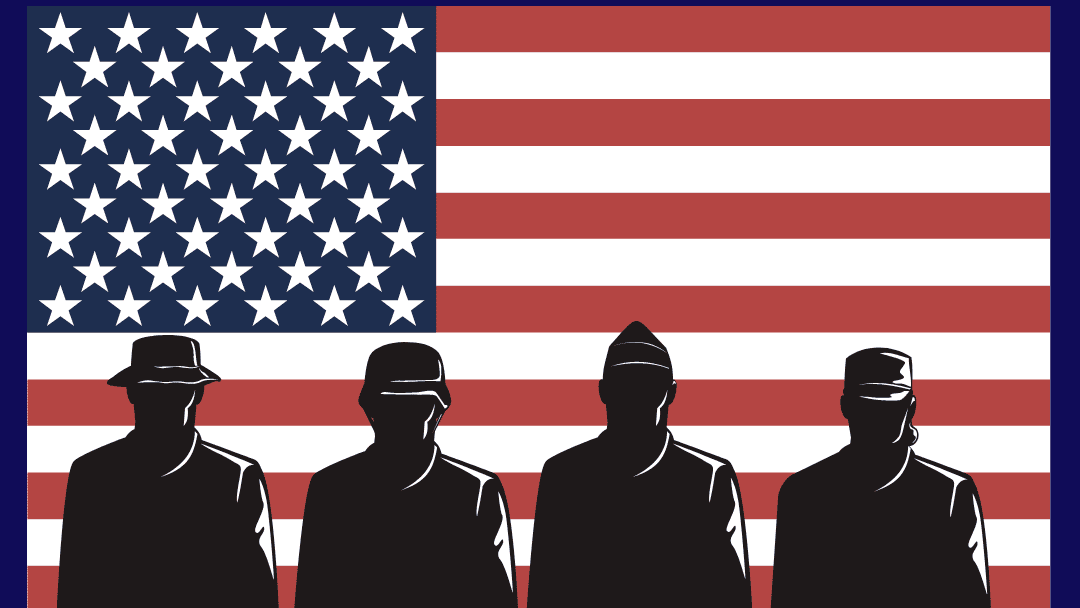As many of you know, veterans receive hiring priority for many federal (and state) government positions. Like most things in the federal government (and elsewhere), it can be complicated.
Here are 7 things you may not have known.
- Veterans’ preference does not expire. If your military service dates back to the Viet Nam war—or even earlier, your veterans’ preference is still usable.
- You may use your veterans’ preference more than once (there’s actually no limit to how many times you may use it).
- Veterans’ preference does not count for all federal hiring. If you are applying for a position that is open to status applicants or those already in the federal government, veterans preference does not count [even if you’re a vet or applying under the Veterans Employment Opportunity Act (VEOA)]; likewise, veterans’ preference is not always used in excepted service hiring or for positions filled under direct hire. Veterans’ preference is used for what is called delegated examining, competitive service hiring—basically hiring for people who have not worked for the government before. Please note this is an oversimplification; I’m just trying to make the point that veterans’ preference doesn’t always count.
- You may have multiple veterans’ hiring eligibilities. Depending on your personal situation, you may be eligible for several kinds of veterans’ eligibility and preference. Check out www.fedshirevets.gov to learn more about the various eligibilities available to veterans (and spouses). If you’re still not sure, look at the Department of Labor’s decision tree: https://webapps.dol.gov/elaws/vets/vetpref/mservice.htm. When you apply, be sure to use all eligibilities you can.
- Just because you’re a veteran, doesn’t mean that you must be hired. Agencies have multiple ways to hire people. Even if you’re applying for a competitive service position under delegated examining, you are likely not the only veteran who is applying—and agencies can hire any similarly situated veteran. Or they can hire from a list of status applicants. Or they can hire a candidate who is eligible under another direct hire or excepted service. Being a veteran—even with a service connected disability—does not guarantee you a job.
- Noting that you’re a veteran but failing to include the required documentation (DD-214 and / or SF-15) will mean that your veterans’ eligibility will likely not be counted. Upload your documents to USAJOBS and make sure your documents are readable.
- Military spouses have preference too! If you’re a military spouse, you’re likely eligible for noncompetitive hiring. Again, agencies do not have to use this authority but they can. Check this out for additional information: https://www.fedshirevets.gov/job-seekers/spouses-of-active-duty-military-members/#content.

